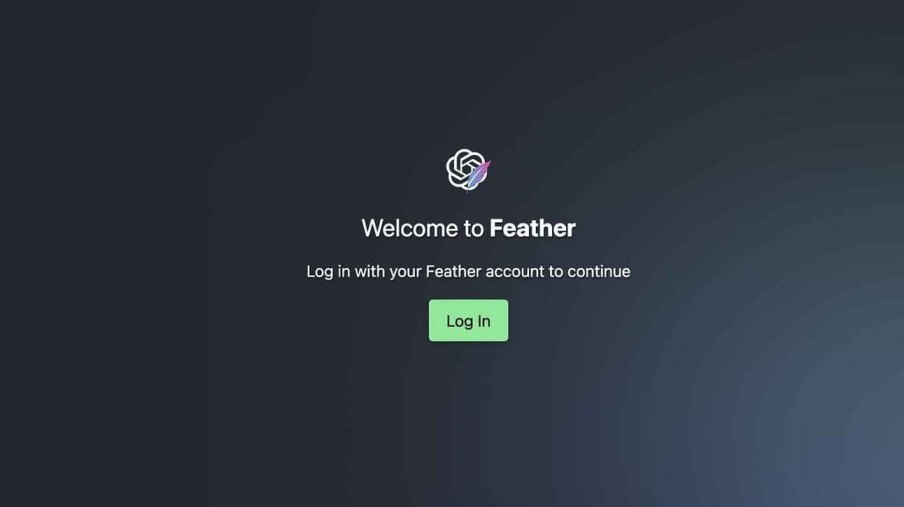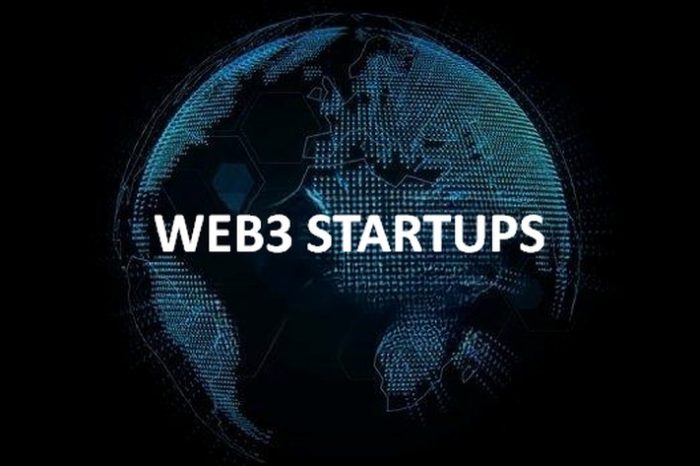OpenAI is launching “Feather,” a new AI platform shrouded in secrecy

OpenAI once again is sparking curiosity with a mysterious new AI tool called “Feather.” Speculation has been rife lately as the online community stumbled upon an OpenAI landing page titled ‘Feather,’ accompanied by a patent filing detailing its role in ‘data labeling and annotation services.’
The reports come a little over a week after OpenAI unveiled Sora, a video AI model that lets users create videos from text prompts. Sora is capable of translating textual directives into dynamic visual narratives, complete with diverse characters, specific movements, and intricate background settings.
Meanwhile, from the trademark filed in November 2023, it appears that ‘Feather’ is an older service linked to fine-tuning, data sets, and more, specifically tailored for enterprise partners.
“OPENAI FEATHER™ trademark registration is intended to cover the categories of data labeling and annotation services, namely, data processing and systemization services using automated labeling and annotating of images, audio, video, text and other forms of electronic data; updating and maintenance of data in computer databases; data processing services; compilation and management of computerized databases and consulting services related thereto,” OpenAI said in a trademark filing with USPTO.
The current buzz suggests that the platform might be utilized by contractors engaged in labeling sets of images, audio, code, and text to train AI models. Attempts to sign in prompt an ‘unauthorized user’ message.
Why does this matter? Well, with the anticipation for any new releases from OpenAI, ‘Feather’ has stirred up curiosity. However, amidst the excitement, it seems like Feather might be more of a speculative creation rather than a substantial upcoming release.
According to other sources, the prevailing theory about Feather centers on its potential as a data labeling platform. Data labeling is a crucial yet often monotonous task involving adding labels and annotations to data, a vital step in training effective AI models.
While the exact functionalities of the platform are yet to be officially confirmed, experts speculate that Feather could offer tailored features for diverse needs, providing enterprises with scalable tools and integrations to meet the complex demands of large organizations.
This potential platform might also boast lightweight and efficient AI models that demand less computational power while delivering high performance. Automated data processing, leveraging AI to streamline data cleaning and preparation for training, is another feature experts believe Feather might include.
Despite the absence of official details, there are hints that Feather might already be in limited use. Nevertheless, the specific features and accessibility of the platform remain shrouded in mystery. As OpenAI keeps a tight lid on information, one thing is evident: the AI community is intrigued by “Feather.” Whether it turns out to revolutionize data labeling or serve an entirely different purpose, the unveiling of Feather promises to provide insights into OpenAI’s vision for the future of AI development.
Funded in 2015 by Sam Altman and Elon Musk, OpenAI started as a non-profit research institution aimed to pave the way for safe and beneficial artificial general intelligence (AGI). However, in 2020, it transitioned into a commercial entity, marking a significant shift in its trajectory. Despite internal disruptions in November, including Altman’s temporary departure and subsequent return, the company remains at the forefront of the burgeoning AI market, spurred by the successful launch of ChatGPT in 2022.

